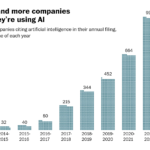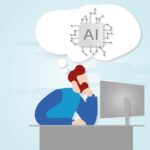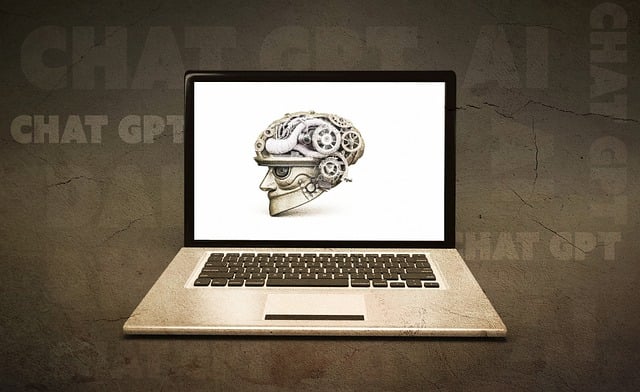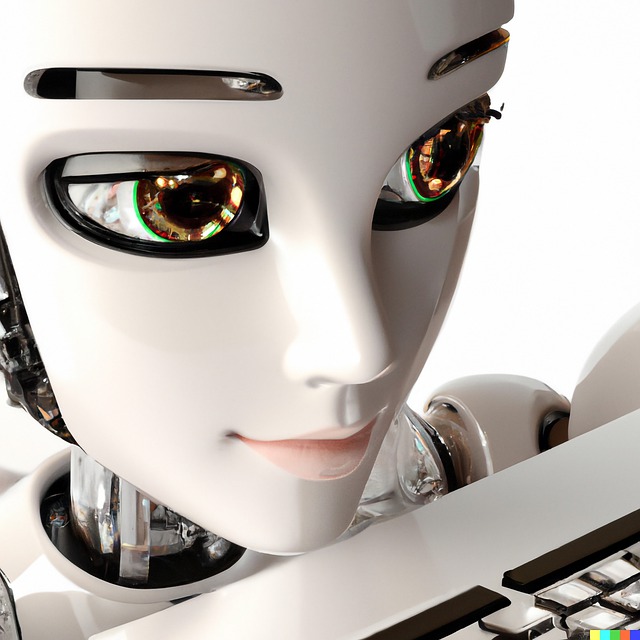The potential of Artificial Intelligence (AI) is immense. It has the potential to revolutionize the way we work, learn, and interact with the world around us. AI can be used to automate mundane tasks, improve decision-making, and provide insights into complex problems. AI can also be used to create new products and services, enhance customer experience, and develop new markets.
However, despite its potential, AI is still in its infancy. Its potential has yet to be fully realized, and many of its applications remain untapped. There are several challenges that must be addressed in order to unlock AI’s full potential.
The first challenge is the lack of data. AI requires large amounts of data in order to function properly. This data must be accurate, up-to-date, and relevant. Without sufficient data, AI systems cannot be trained to accurately recognize patterns and make accurate predictions. In addition, the data must be labeled and organized in order for AI systems to be able to interpret it.
The second challenge is the lack of computing power. AI systems require powerful computers in order to process large amounts of data quickly. Without powerful computers, AI systems cannot process data quickly enough to be useful.
The third challenge is the lack of skilled personnel. AI systems require skilled personnel in order to develop, maintain, and operate them. Without skilled personnel, AI systems cannot be developed, maintained, and operated properly.
The fourth challenge is the lack of trust. Many people are wary of AI systems due to concerns about privacy, accuracy, and reliability. In order to gain the trust of users, AI systems must be designed and operated in a way that is transparent and accountable.
The fifth challenge is the lack of standards. AI systems must be developed and operated in accordance with industry standards in order to ensure accuracy and reliability. Without industry standards, AI systems cannot be trusted to make accurate and reliable decisions.
In order to unlock AI’s potential, these challenges must be addressed. Data must be collected, labeled, and organized in order for AI systems to be able to interpret it. Powerful computers must be used in order to process data quickly. Skilled personnel must be hired in order to develop, maintain, and operate AI systems. AI systems must be designed and operated in a way that is transparent and accountable in order to gain the trust of users. Finally, industry standards must be developed and adhered to in order to ensure accuracy and reliability.
Once these challenges are addressed, AI’s potential can be fully realized. AI has the potential to revolutionize the way we work, learn, and interact with the world around us. It can be used to automate mundane tasks, improve decision-making, and provide insights into complex problems. AI can also be used to create new products and services, enhance customer experience, and develop new markets.
The potential of AI is immense, and with the right tools and resources, it can be unlocked. By addressing the challenges outlined above, AI’s potential can be fully realized and its applications can be explored.











